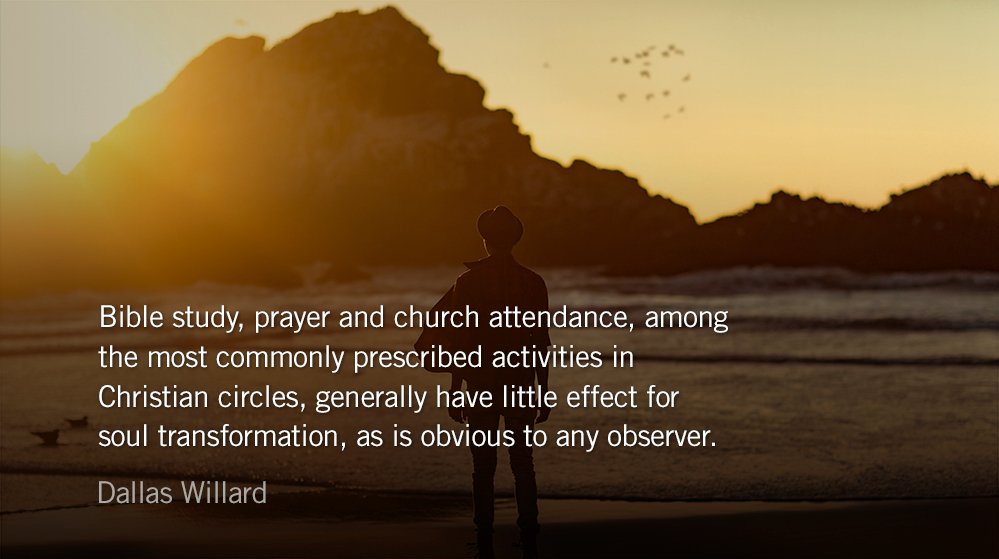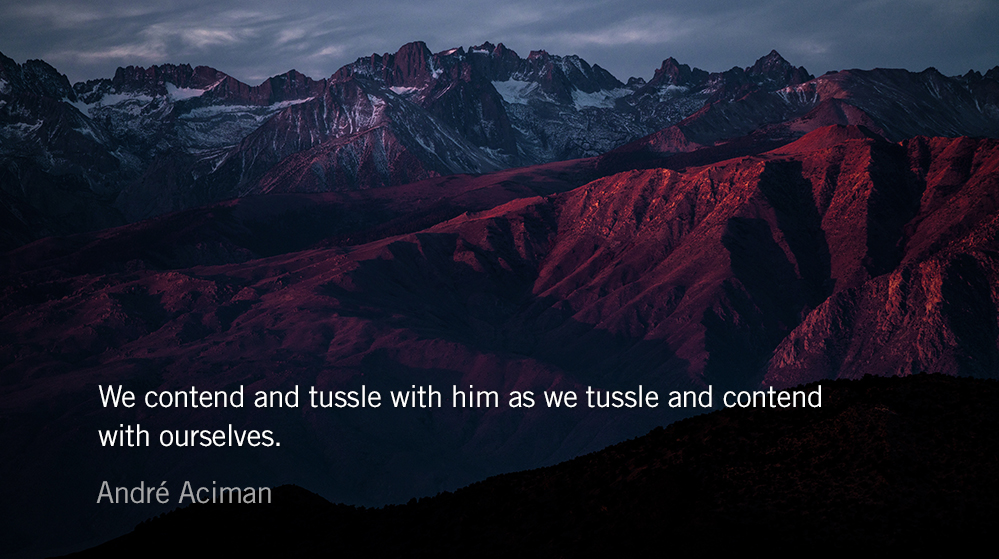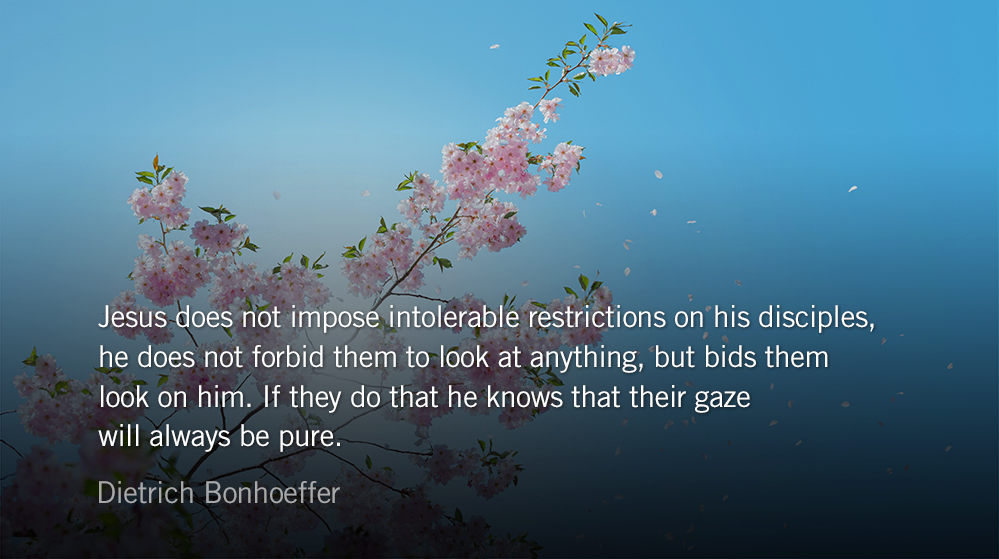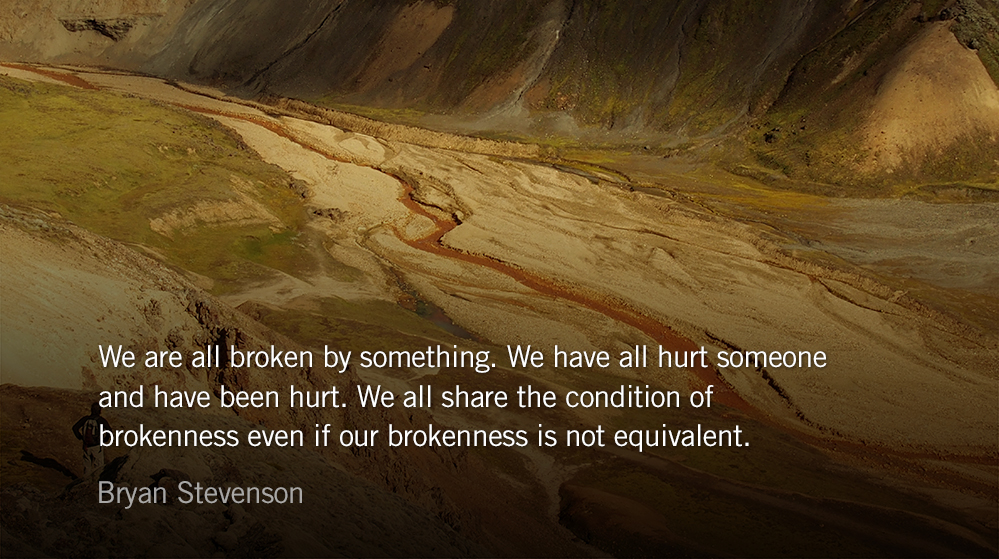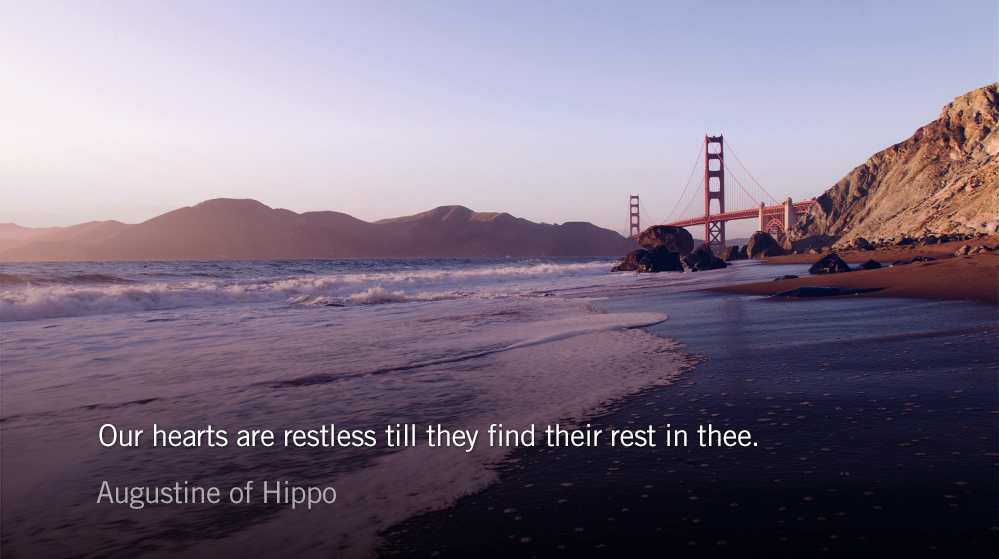“Man surrenders object after object, and finally himself, to Nature in return for power.”
― C.S. Lewis
Scripture: Genesis 11.4
Then they said, “Come, let us build ourselves a city and a tower with its top in the heavens, and let us make a name for ourselves, lest we be dispersed over the face of the whole earth.”
Reflection: Spaces of Renewal
The Park Forum
The story of Babel is a story of technology—humankind’s use of every available asset to propel itself further on the quest for more. It is no different today: we use technology to extend our strength, expand our possibilities for mating, and enrich our knowledge. And we give up so much in exchange for these delights.
Our smart devices track our location and listen to our conversations—all in an effort to target us with more accurate advertising. We risk the messiness of face-to-face conversations less often—texting and email give us time to think through each reply. Even praying for and evaluating needs has been quickly replaced by one-click shopping and within-the-hour deliveries.
The ancients grasped for all they could obtain—it is no different than us today. Yet it is important to find the cadence of this section of Genesis: man attempts to be his own god through technology, God judges mankind’s idolatry, then God blesses humankind (Genesis 12). Their name would be known—but not by their own power.
God’s calling to his people was not to a life of technological fasting and spiritual duties. Instead it was to form a community whose identity is renewed daily in his grace. For us today these spaces of renewal are what our personal technology robs from us first. In The Spirit of the Disciplines Dallas Willard writes:
Bible study, prayer and church attendance, among the most commonly prescribed activities in Christian circles, generally have little effect for soul transformation, as is obvious to any observer. If all the people doing them were transformed to health and righteousness by it, the world would be vastly changed.
Their failure to bring about the change is precisely because the body and soul are so exhausted, fragmented and conflicted that the prescribed activities cannot be appropriately engaged, and by and large degenerate into legalistic and ineffectual rituals. Lengthy solitude and silence, including rest, can make them very powerful.
But we must choose these disciplines. God will, generally speaking, not compete for our attention. If we will not withdraw from the things that obsess and exhaust us into solitude and silence, he will usually leave us to our own devices.
The Request for Presence
Let all who seek you rejoice and be glad in you; let those who love your salvation say forever, “Great is the Lord!”
– From The Divine Hours: Prayers for Autumn and Wintertime by Phylis Tickle
Full prayer available online and in print.
Today’s Reading
Genesis 10-11 (Listen – 7:16)
Matthew 10 (Listen – 5:07)


